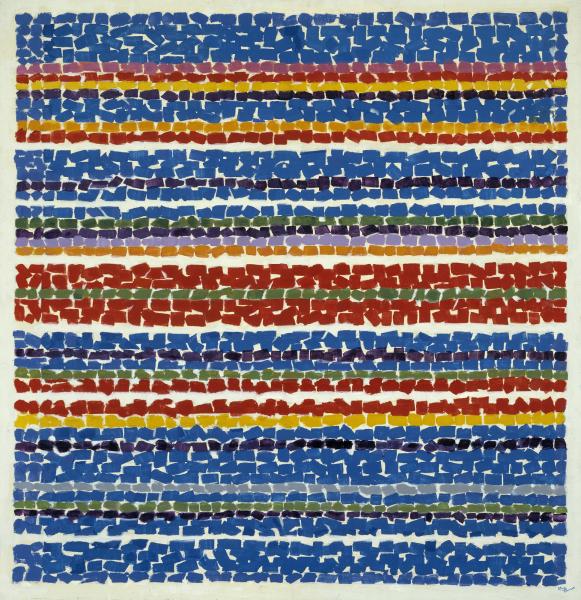“What are you”? I’ve been asked this question by strangers around the world since I was little. I’ve been stopped on the street, train, or in bodegas in NYC. Are you Japanese? Are you French? Native American? Arabic? Ethiopian? It turns out that Kwame Anthony Appiah, a celebrity contemporary philosopher, has gone through a similar thing in his life, and on February 4, 2020 he gave a presidential colloquium address at Smith College to the public entitled, “Identity and Identities.”
I myself was curious about what Appiah “is.” He looked Indian to me, and I immediately noticed his nice British accent. My feeling of anticipation for his talk grew as he was introduced, and some information was provided, including the fact that he’d been elected as a fellow of the Royal Society of Literature. Appiah’s style was striking, rooting his philosophical argument in personal narratives. He related, for instance, that taxi drivers around the world often ask him “where he comes from,” trying to establish, “what he is,” mainly based on his appearance and his accent. During his talk it was fun to learn that he is half Ghanaian and half British. He showed us pictures of his parents, and where his mother was from. A photo that struck me was a photo of a lot of his family members, a mix of black and white people looking really happy, and at the center Appiah, clearly a mix of these people, and his white male partner. I sensed that Appiah was showing us his diverse backgrounds, sharing some evidence or exhibits, to provide us with some of the hard information he knew we were trying to guess at, simply upon seeing him. Appiah argued that identities are applied to us without our choosing, yet sometimes we do choose to identify ourselves in certain ways. Identities shape our thoughts about how we should behave, and the way people treat us. And at the same time a core argument for Appiah is that identities are all contestable. They are neither permanent nor solid, but rather illusions that can sometimes separate us, and sometimes bring us together. Appiah further made the striking point that people are more likely to “essentialize” negative thoughts we have about others, rather than positive ones. For me this connects with African-American history. What made slavery in the United States so different from anything the world had seen was, 1) that it was vicious chattle slavery which hadn’t been practiced elsewhere, and 2) it was based on something supposedly inherent and visible to anyone–race; the concepts of the black versus white race were created in the formation and growth of chattel slavery in the colonies. Over time, being black meant being a slave for life.
In the context of political parties, Appiah argued that party identification is in fact often based on identity, and not merely on agreement with a set of ideas that represent the beliefs of the party. In short, “identity precedes ideology.” He cited a study which concluded that, based on whether people called themselves liberals, conservatives, or moderates, they wouldn’t marry someone outside of their political identity. He even said that people now, maybe surprisingly, are more likely to say that they would marry outside of their race rather than marry outside of their political identity. Another core argument for Appiah, which he thinks would be a great message on a T-Shirt with hearts around it is: “Only through identity can ideas change the world.” We tend to think we are our ideas, and that if we want to change the world, we simply have to improve our and others’ ideas. But actually, we have to reshape our identities first (inspired by ideas) to bring about change.
Something else arose for me during his talk. I wondered about his own identities, and how it related to us, as Americans. Does the fact that he is British, with a British accent, provide some distance for us, listening to this talk about identity? Could it have given us some separation from our own identities, and some space to reflect on what he was saying, because he seems somewhat like an outsider looking in? It reminded me of the recent phenomenon – and controversy – over British and African actors playing both African-American fictional characters and historical figures (such as Cynthia Erivo playing Harriot Tubman, or Daniel Kaluuya playing Slim in “Queen in Slim” (2019) or Chris Washington in “Get Out” (2017)). Some argue that one of the main reasons British and African actors are hired to play these roles is because it would be too radical for actual African-Americans to play these roles, it would be “too real” for white Hollywood and America to see African-Americans to play those parts themselves, to perform their real histories.
In the end, Appiah wasn’t telling anybody they were doing something wrong in using identity labels. We all identify ourselves, identify others, and get identified by others. Yet – and here is his insight – they are all illusions, or shall we say, fictions; there is nothing essential or core about any identity.
